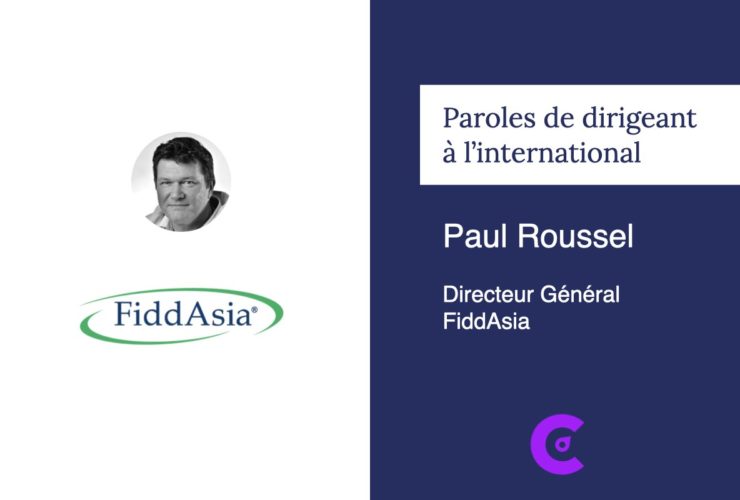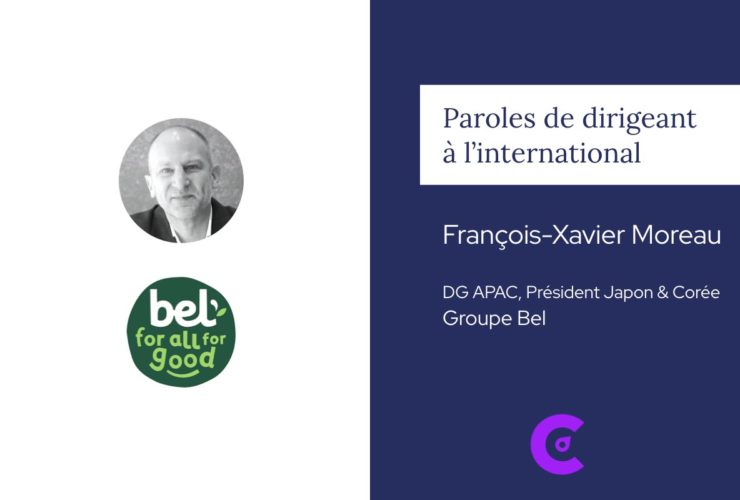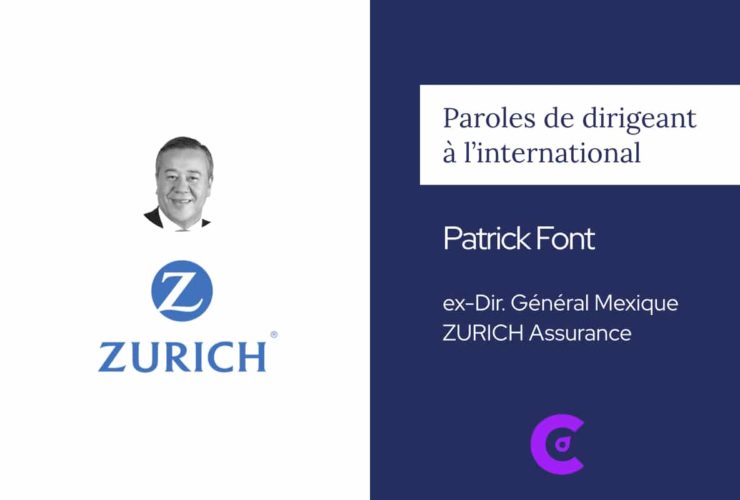International Executive are speaking
The keys to business success in Russia
Sébastien Pillot Managing Director Faiveley Transport Russia – Wabtec corporation
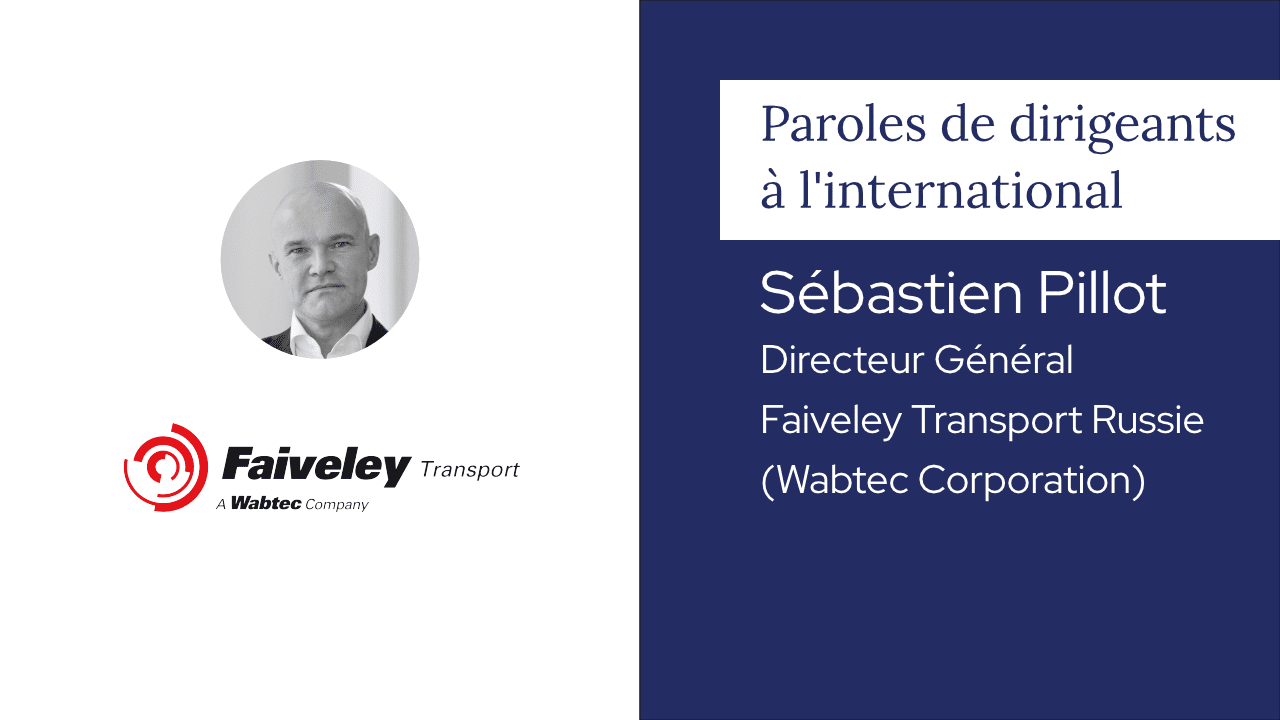
“Russia is an oriental country”
A chemical engineer from the École Centrale de Marseille, Sébastien Pillot came to Russia for the first time in 1992 for an internship, the study theme of which relates to the prospects for industrial projects in the former USSR. In 2008, he returned to Moscow. In 2014, he became Managing Director at Faiveley Transport.
Some facts
2003 : Soframap Azerbaijan – General manager
2006 : Hallite Seals International and CDI Energy – Paris – Export Director
2008 : Mersen Moscou – General manager
2014 : Faiveley Transport Russie (Wabtec Corporation) – Directeur Général
Mail : sebastien.pillot@wabtec.com
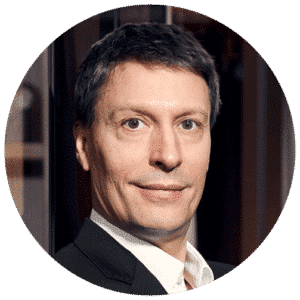 Interview conducted by Antoine Leygonie-Fialko
Interview conducted by Antoine Leygonie-Fialko
Open dialogue then Executive Coaching session
according to the CO-CREATiVE Communication® method
I met Sébastien 3 years ago. I was fascinated by the power of his intuition and his foresight. Since then, we have spoken regularly …
“Everything is played in trust”
What is Faiveley Transport’s positioning?
We are the world leader in railway equipment: brakes, air conditioning systems, doors and pantographs, an invention of Mr. Louis Faiveley, a mechanical system that takes power from the catenary. We also market passenger information systems, security systems and the train black box. We have three types of activities: locomotives, equipment for freight wagons and equipment for passenger trains. I am in charge of the development of the passenger part, both sales support in Russia and CIS and after-sales service. In particular, we equipped 750 Moscow metro cars with a Faiveley Transport air conditioning system. We have entities around the world with teams in the United States, Europe and China that provide manufacturing. In my role, I am in contact with both the client’s development teams and his management. Once the sale is complete, we are in charge of the entire logistics chain until delivery to the customer as well as warranty and after-sales support.
Who are your competitors today?
As a reminder, Faiveley Transport is a French company, owned by the Faiveley family, which was bought by Wabtec, an American created by Westinghouse and a former competitor. The same Wabtec recently merged its activities with General Electric Transportation, a division resulting from the legacy of Thomas Edison.
Locally, our competitor is a young company, KSK, part of the Transmashholding nebula (one of our main customers) which manufactures, among other things, doors and air conditioning. It’s a kind of vertical integration: exporting its products with difficulty, our client-partner-competitor is extending the production line and producing equipment equivalent to ours, for its own trains. We also have a German competitor Knorr-Bremse who is almost a mirror of our company: he makes doors, brakes, air conditioning. Today we are together with Knorr-Bremse the two world market leaders.
Sébastien, in this context, how do you manage to distinguish yourself from the competition?
We are attacking at all levels, starting with the design offices. We define a project, we take it up to top management and we ensure that our themes come to the table.
Everything is played out in trust and customer relations. Technicality is also an important parameter, as are the maintenance intervals and the life cycle cost – a brake system lives 30 or 40 years in Europe. We work on long-term projects: between the project, certification and serial delivery, it takes between two to five years.
Who are your clients ?
Our first client is Transmashholding, a company created with Alstom, a 33% shareholder, which represents around 85% of our potential supplier market. Then we have Uralskii Locomotives, a joint venture between Sinara, a Russian shareholder, and Siemens, which corresponds to 10% of the market, then Stadler, a new Swiss player based in Minsk and finally Alstom in Kazakhstan.
Transmashholding is a unique customer: we supply it with equipment for its locomotives, and at the same time, it is a partner with whom we manufacture locomotives in Kazakhstan in a joint venture Wabtec-Transmashholding.
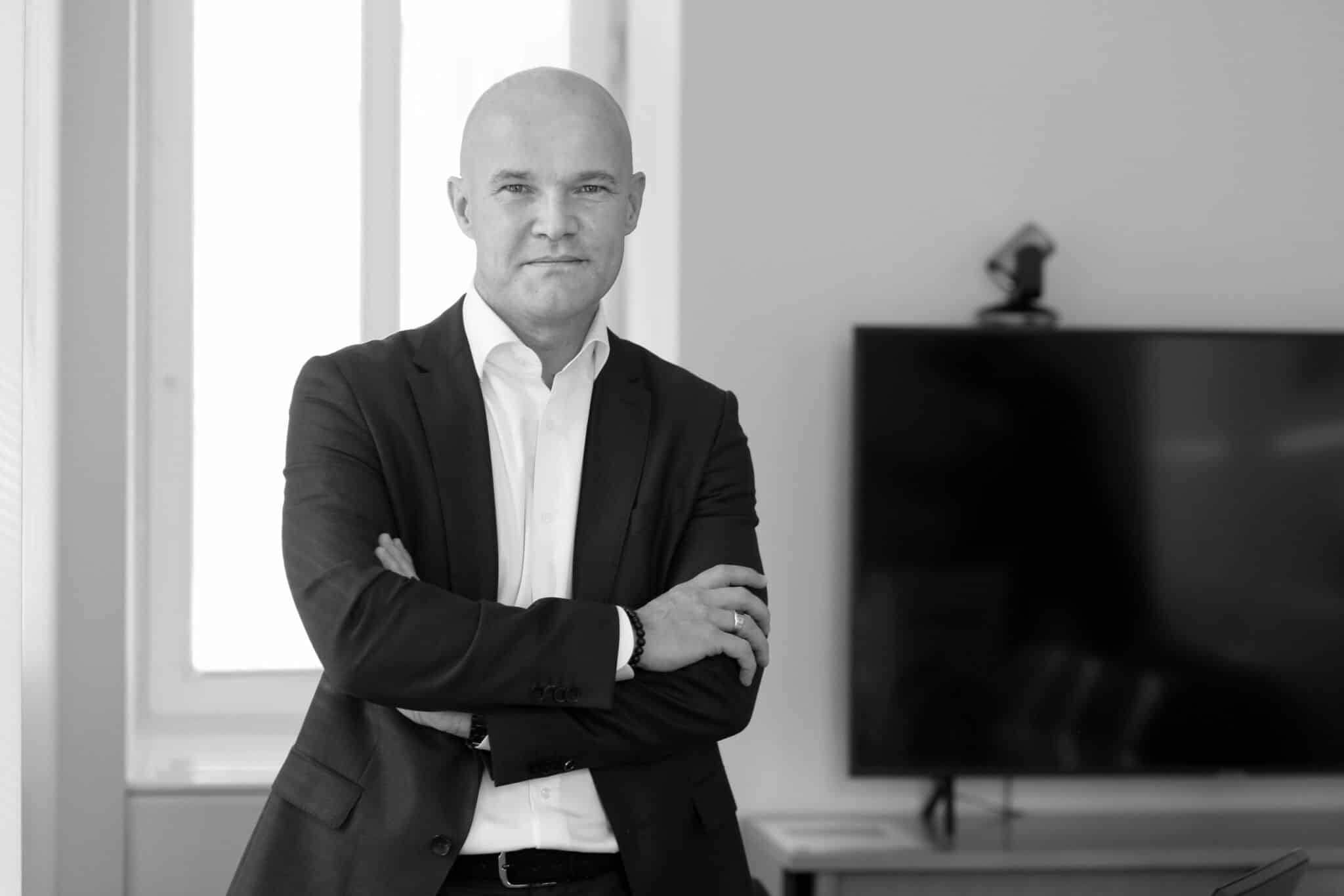
© Photos : Isabelle Touyarou
“Building the loyalty of a team by establishing a collective spirit”
How do you do to retain and motivate your team?
I have a team of about fifteen people including sales, a service team, a department for certification and accountants. I created a collective spirit: I trust them, I listen to them and I try to give importance to everyone. And for that I want the result. In this Covid period, as I have sites in Khimki, Moscow and St. Petersburg, I organize a call every morning at 9 a.m. To keep this team spirit we organize training sessions, seminars and regular meetings. Even though we have gone through crises and reorganizations, we study each problem with the idea of perspective. Everyone knows their mission and their course of action, even if our environment is sometimes a bit hazy.
“In Russia you have to be very fast”
Faced with all this, what are your challenges for the years to come?
Our goal is to be the leaders and to one day see our landing doors in the Moscow metro. Today, since we are an American company, I am challenged much more than before by my management. The emphasis is mostly on cash and that gives us strength.
My main challenge is figuring out where I’m not going, so that I don’t lose my strength where it doesn’t make sense. In the MCD project in Moscow – somewhat the equivalent of the Parisian RER – electric trains will be split into two floors. Two projects are being developed, one by Transmashholding (TMH) and the other by Uralskii Locomotives (UL). We are welcome to participate in both. With TMH, today, I ask myself the question since opposite I have my competitor KSK and I know that from the moment I give the slightest technical information it immediately goes to the competitor who will be there. ‘use to establish its specifications. We have just decided to communicate our information as late as possible and to announce that our participation will be subject to the condition of a minimum market take of 50%.
In Russia you have to adapt every time and be very quick, while having some analysis. I had a bad experience with the new Moscow metro. We were asked to work on somewhat special doors with KSK which was not a direct competitor at the time, then at the time of the call for tenders nothing happened. Our client, Metrowagonmash, a subsidiary of Transmasholding, told us that they never got our offer. I understood then that the management of KSK had called on two other European competitors, had selected them and then blocked us in the market. However, we had the best technical and commercial offer on the market.
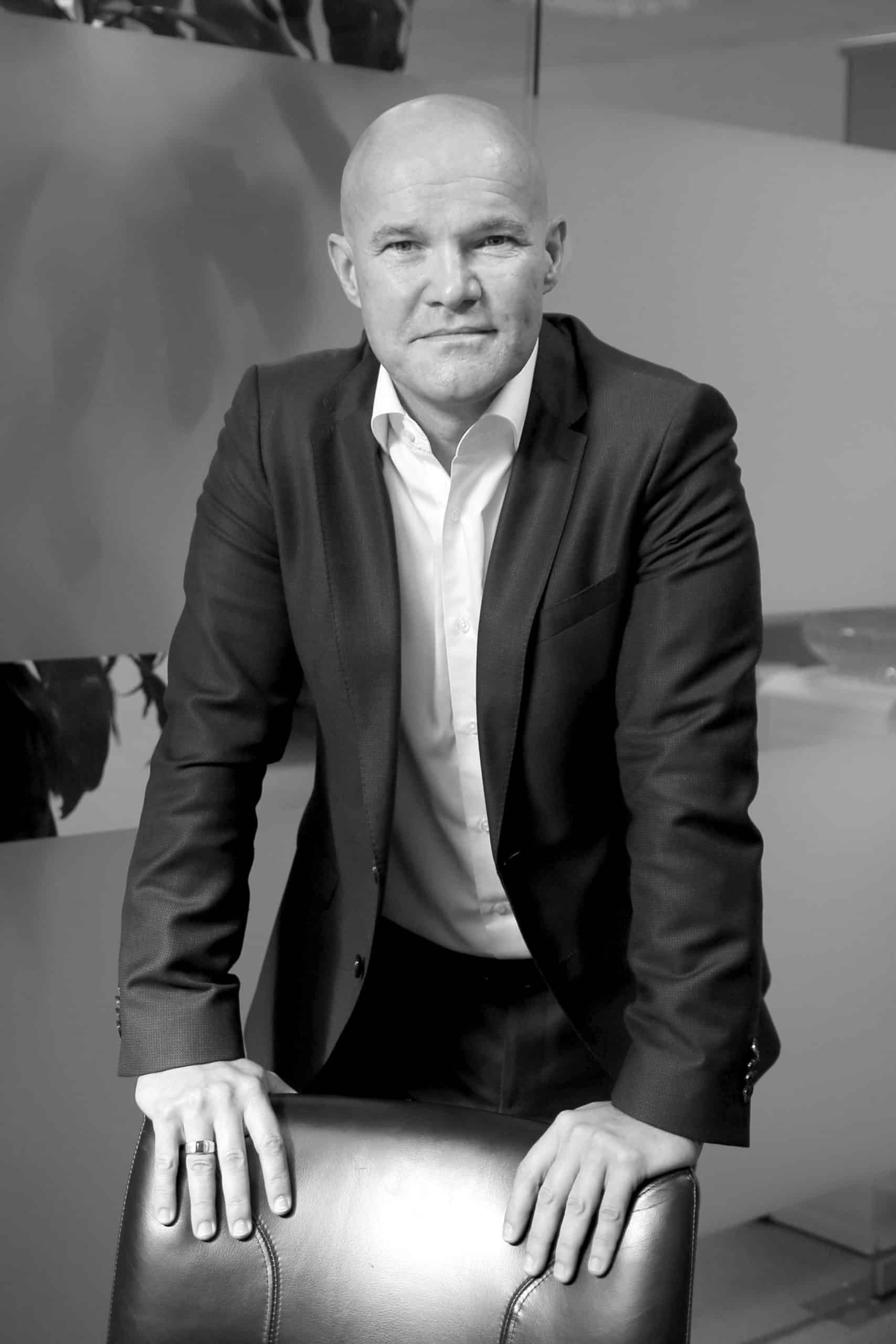
© Photos : Isabelle Touyarou
“Trust is not made in a society but in a man”
Sébastien, what advice would you give to Europeans who would like to come to the Russian market?
In the industrial world, what works well is the uniqueness of the product. When I worked at Mersen we sold big fuses for nickel and aluminum factories and we were virtually the only manufacturer to market them. It made it easier. If you don’t have a unique product, you necessarily have a technical advantage that you have to know how to put forward. Remember that even if we have the best technical or commercial offer, we do not necessarily win the market.
Sometimes, too, relationships can appear very hierarchical. But if you have top-to-top relationships then you will be able to move forward very quickly.
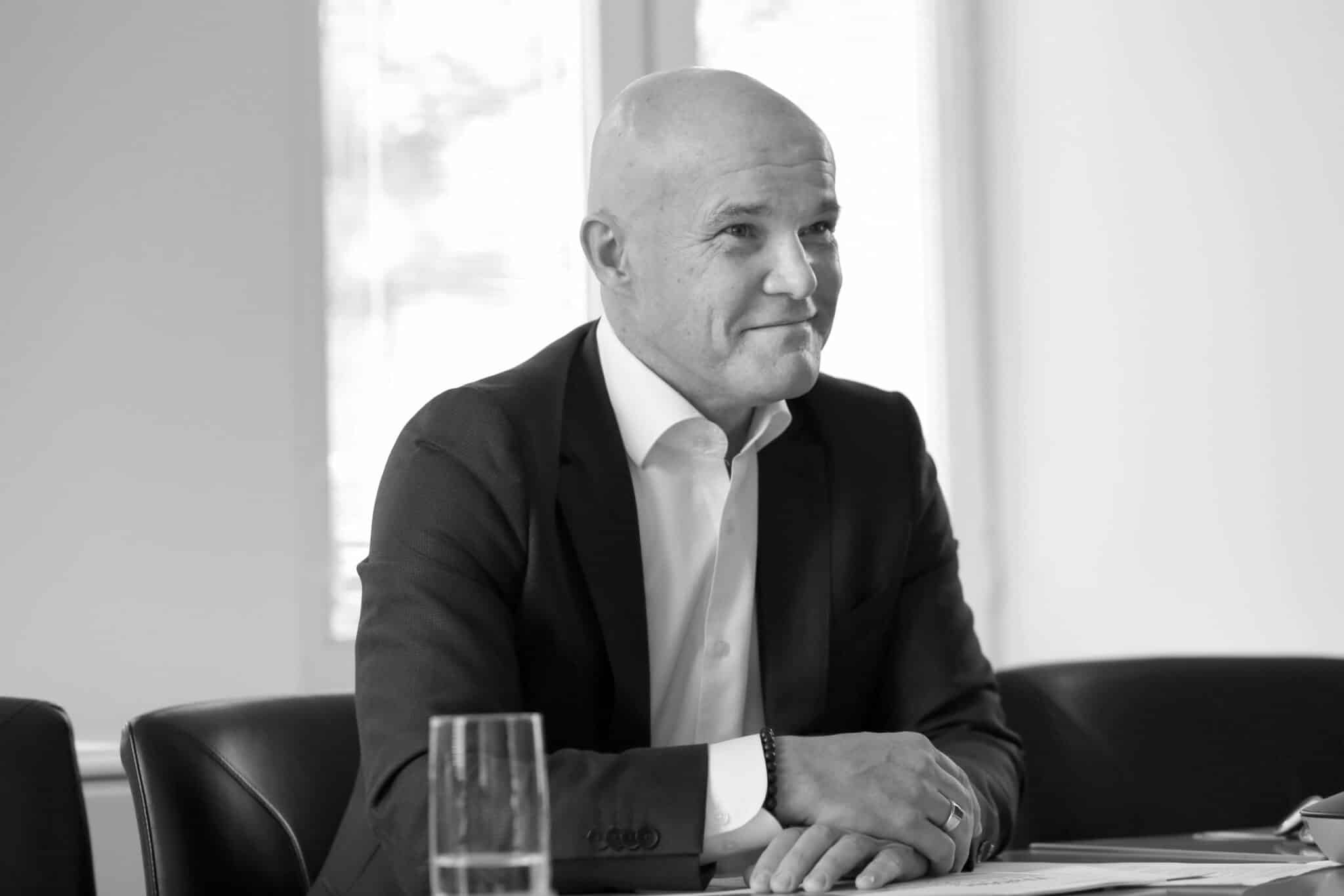
© Photos : Isabelle Touyarou
“A promise is a duty while a contract is sometimes only a promise”
What must be done to win the market?
To do business in Russia, you have to dance together, in the sense that, in my exchanges, I have to make my Russian interlocutor understand that, not only do I want to develop in Russia but also that I want to give him the possibility of develop based on my development.
There is a Russian saying that goes Восток, дело тонкое, (The East is a delicate question, title of a Russian film, Editor’s note), I will rather say Россия, дело тонкое, Russia is a delicate question. At the risk of shocking Europeans, I say that Russia is an Eastern country. Trust is not made in a society but in a man. A promise is a duty while a contract is sometimes just a promise.
As a result, approaching the market will require SPENDING TIME, LOOKING FOR THE RIGHT PEOPLE, ANALYZING THE MARKET and UNDERSTANDING WHO IS THE DECISION MAKER, who often is not the CEO. And once we have analyzed the decision-making mechanism and put this relationship in place, organize factory visits for him in France, SPEND TIME TO KNOW HIMSELF, give him LITTLE GIFTS. When a client calls me, he calls me because he knows that I will make the decision and make the realization. He’s going to ask me to make a promise and I’m going to have to fulfill my promise.
What advice would you give a newcomer to researching information?
Before arriving in Russia I hadn’t read anything on the subject because I wanted to have a fresh eye. I had the advantage of being a student, of going to college halls in the 90s, of experiencing what ordinary Russians were going through, with the permanent changes, the devaluation of the ruble, etc. It was pretty terrible. Once I was well imbued and somewhere well Russified, I went to my compatriots to share this passion for Russia. I think we all need to get together a little bit to find our balance.
How to meet French people when you arrive?
First I recommend going to the embassy, then the economic service, from which we will receive a lot of information – and we must not forget to give back afterwards. I also recommend attending the Franco-Russian Chamber of Commerce, and attending meals for general managers, registering with APM, AEB, and also AmCham. Attending certain parties allows you to exchange business cards. I think that at one point we inevitably end up finding some affinities with certain people to go together to explore Russia.
In short, business in Russia?
Business in Russia is not easy. In my sector, there are a lot of projects that don’t come to fruition, you have to be prepared to spend a lot of time in discussion and it may seem long, but here you are not bored. I like to draw the parallel with the film Welcome to the Ch’tis: in Russia it’s the same thing, we cry twice. If I ever leave, I’m going to be very sad because I have a lot of ties here.
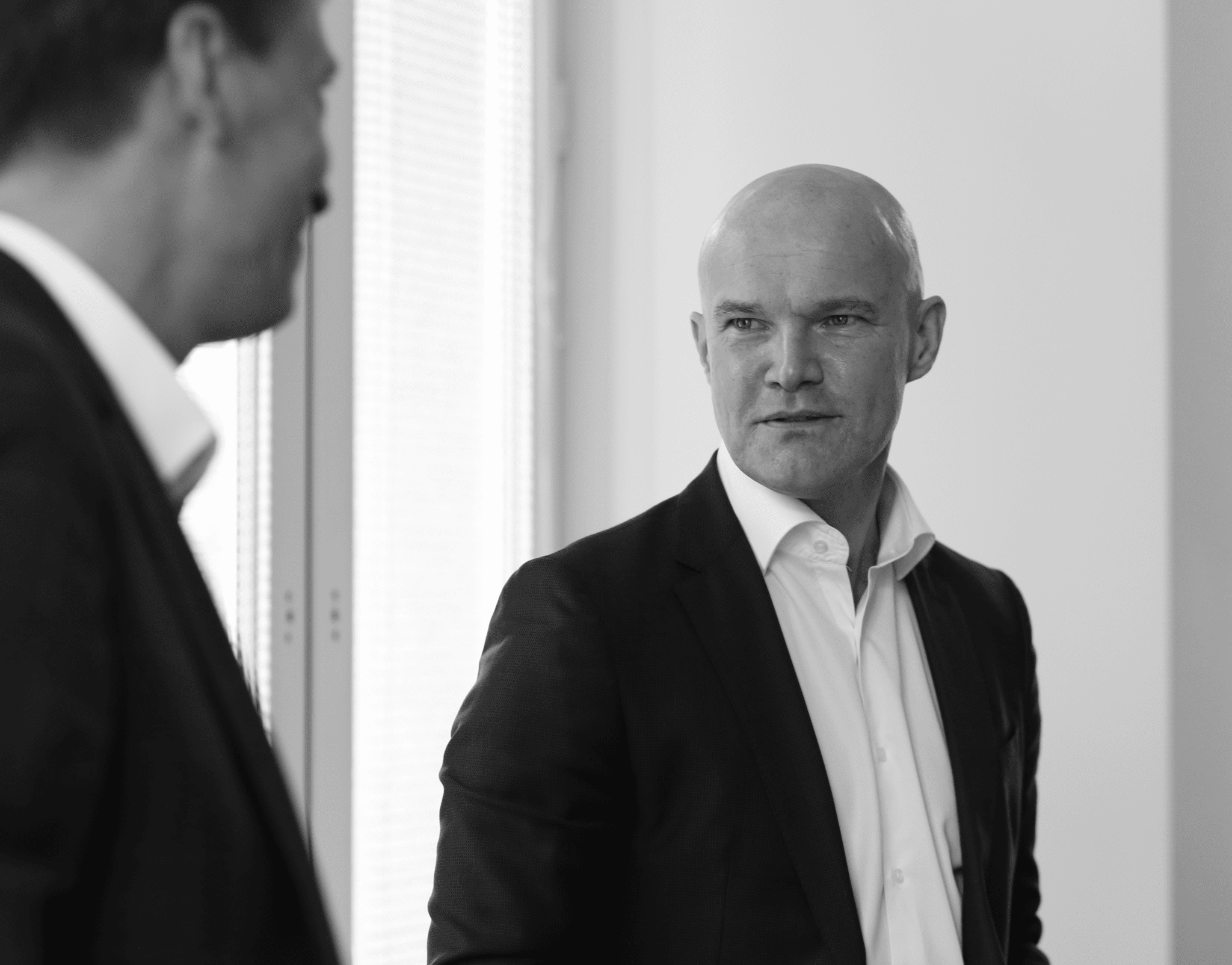
© Photos : Isabelle Touyarou
A look on an Executive Coaching session based on the CO-CREATIVE Communication® method
Sébastien, a word about our Executive Coaching session?
For me, coaching is support that allows you to find lost abilities within yourself, find new ones and really access what is important to us. With you, Antoine, I immediately felt at ease. You have a great openness, which has given me the opportunity to evolve on my own. And, through your feedback, you have shown me the direction of the next step. This coaching was very effective. A big thank you, Antoine.
Interview by Antoine Leygonie-Fialko, transcribed and co-written by Valérie Chèze — Le temps d’écrire —, illustrated by Isabelle Touyarou.

ANTOINE LEYGONIE-FIALKO
International Executive Coach and Consultant
Antoine Leygonie-Fialko is an International Executive Coach, ICF certified at PCC level, specializing in supporting international leaders "Towards CLEAR, CALM, CARING and POWERFUL thinking".
He is the founder of the CO-CREATiVE Communication® and the company CADRAN which operates globally. Previously, he managed 7 companies, from start-ups to corporate, in France and internationally (Europe, Asia, America, Africa), in various industries (construction, architecture, internet, HR…).
Today, with more than 2,000 hours of Executive Coaching, he works remotely with international leaders and their teams who want to unleash the power within their singularity in front of strong challenges requiring them to get out of their comfort zone & known mental frameworks.


